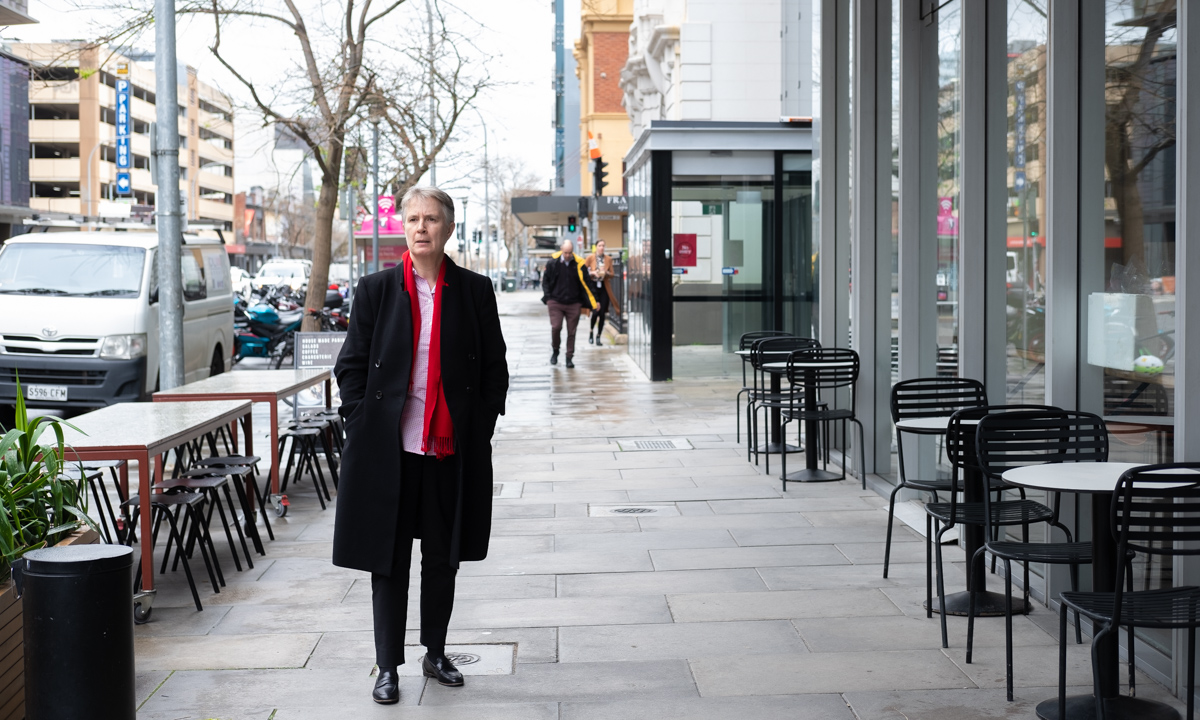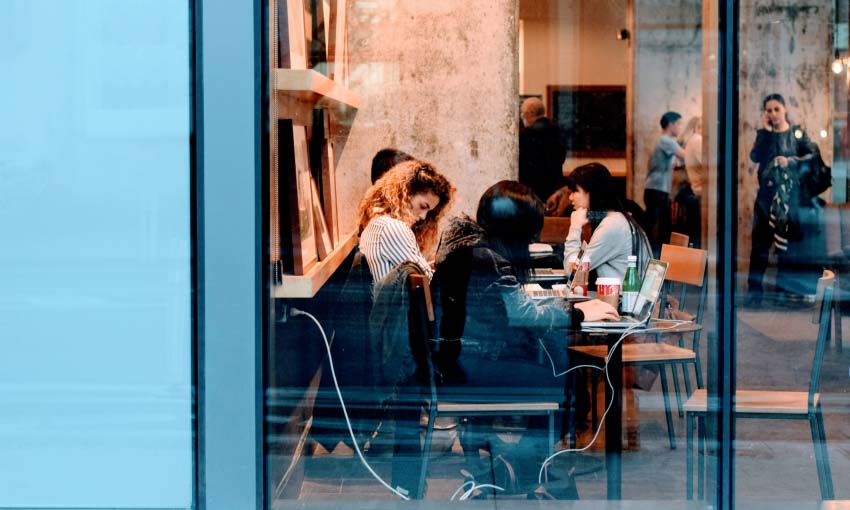Initial findings from a state-wide hospitality survey reveal high rates of precarious and informal working arrangements are leading to bartenders, glassies and burger-makers feeling like they can’t report instances of sexual harassment or assault at work.
Casual contracts are putting hospo workers at risk
Casualisation is a contributing factor to hospitality workers feeling like they can’t report instances of sexual assault and harassment in the workplace, Louise Dillon from the United Workers Union (UWU) tells CityMag.
This article discusses sexual assault.
If this story raises issues for you, call Lifeline on 13 11 14.
—
If you have a tip related to sexual assault in hospitality, contact us:
cm@solsticemedia.com.au
This is one of the findings to come from a statewide survey UWU ran throughout the hospitality industry.
“People told us they don’t report sexual harassment in their workplaces because they’re afraid for their jobs,” she says.
“They know that they’re not going to get rostered on again, they’ll lose shifts, because they’re all casual.
“We have hospitality workers – young people, women, young women in particular – [who are] very vulnerable, and we’re not paying them [and] we’re not keeping them safe at work.”
Louise says the survey showed even if there was no direct threat of cut shifts or termination of employment made to staff, they still felt unsure of their ability to raise the issue.
They’ve seen someone else who has been a victim had shifts cut, so it makes them really scared to report,” she says.
In November last year, UWU began the survey within its own member base, which Louise says accounts for “3000 hospitality workers”. This is a number far lower than “the 30,000 that are sitting out there in hospo land”, so they expanded the callout. The exact number of survey respondents will be detailed in a report released at the end of March.
In addition to the effect of casualisation on the issue, Louise says the survey found that even when hospitality staff were aware of robust internal policies within the workplace regarding what to do if witnessing or experiencing sexual assault or harassment, venue management would “often not implementing the policy”.
“Instead, the people surveyed are reporting to us things [that] get brushed under the carpet or just ignored or victims have moved around,” Louise says.
Deputy general manager of Australian Hotels Association South Australia (AHASA), Anna Moeller disagrees with this finding. She tells CityMag internal policies “are acted upon” within the AHASA’s member base, as “evidenced by enquiries received through our Workplace Relations department from supervisors, managers and owner-operators”.
Anna does agree that the hotel industry has become “highly casualised”, but says this is because workers are choosing this form of employment.
“This remains the case largely due to employee choice and the higher rates of pay that continue to be applicable to that classification,” she says.
“By law casual employees that have worked with their employer for 12 months must be offered conversion to full-time employment. The overwhelming majority refuse this offer.”
Anna says the AHASA — whose member base makes up 600 of the 7000 hospitality venues in the state — remains “committed” to working collaboratively with the union on stamping out sexual assault and harassment in the sector.
She says the organisation welcomes the opportunity to view, analyse and discuss the results of UWU’s survey.
In October, CityMag reported that a collection of hospitality industry groups expressed to the Equal Opportunity Commissioner, Jodeen Carney, that they did not want to fund an investigation into workplace culture.
It came a month after three hospitality workers went public with their own stories of being sexually harassed and assaulted by colleagues and customers at work, and how the issue was treated as an unavoidable reality.

Jodeen Carney says sexual assault and harassment is a “well-known” problem in the hospitality industry
Two campaigns aimed at stopping hospitality sexual assault and harassment — Not So Hospitable and We’re Equal — launched in August to try to fix the problem. Jodeen was responsible for rolling out We’re Equal.
The program asks businesses to pledge to equal-opportunity values and to provide a safe workplace for employees, free from bullying, harassment and discrimination.
She tells CityMag that although that initiative has proved popular, she hopes the results of UWU’s survey will show the extent to which sexual assault and harassment are prevalent in South Australia’s hospitality industry.
If this story raises issues for you, call LifeLine on 13 11 14.
“I am hopeful that the UWU will collect the data that supports what I consider to be a well-known view – based on inquiries to my office and in other indicators — that this is a problem in the industry,” Jodeen says.
“In June last year, I met with a number of representatives of industry groups, including the AHA, [the] Wine Industry Association, the Restaurant and Catering Industry Association, SA Unions, and others to discuss discrimination and harassment in the industry.
“At that meeting, I suggested that a review of the industry would assist to explore issues and identify solutions similar to those that my office had undertaken in relation to the parliamentary workforce and the legal profession.
“As key representative bodies, I asked whether they [were] prepared to fund such a review, [and] it is well known that the answer was no, they did not want to fund it. There was a view put by some of those present that the industry did not have a problem or it wasn’t as significant as represented by me and others.”




